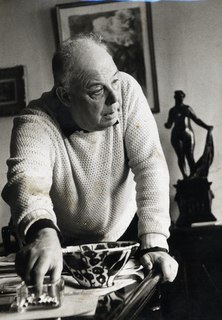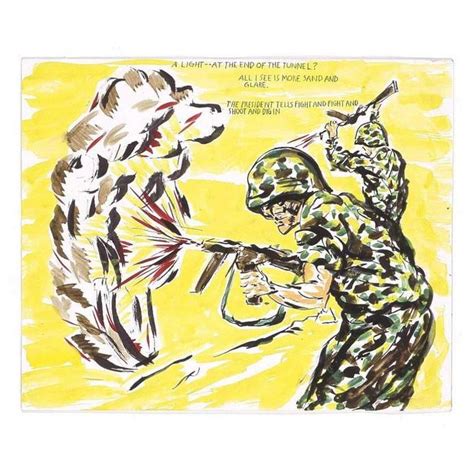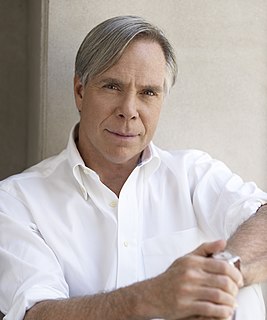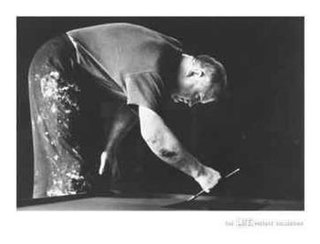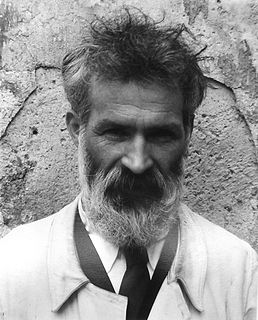A Quote by Claes Oldenburg
Duchamp is known for calling a thing art, rather than making it. A lot of that is picked up in pop art, too.
Related Quotes
Two main groups like to drop the readymade bomb—galleries and art historians. Galleries love to drop the Duchamp brand because dealers can try to convince clients of an artist’s worth just by mentioning the mouthwatering response readymade. Most Art Historians aren’t interested in what artists are making in Bushwick studios, most of whom rarely wake up with Duchamp on the brain.
To the question, ‘Is the cinema an art?’ my answer is, ‘what does it matter?’... You can make films or you can cultivate a garden. Both have as much claim to being called an art as a poem by Verlaine or a painting by Delacroix… Art is ‘making.’ The art of poetry is the art of making poetry. The art of love is the art of making love... My father never talked to me about art. He could not bear the word.
I think that a lot of artists have succeeded in making what I might call "curator's art." Everybody's being accepted, and I always want to say, "Really? That's what you've come for? To make art that looks a lot like somebody else's art?" If I am thinking of somebody else's art in front of your art, that's a problem.
The compelling thing about making art — or making anything, I suppose — is the moment when the vaporous, insubstantial idea becomes a solid there, a thing, a substance in a world of substances. Circe, Nimbue, Artemis, Athena, all the old sorceresses: they must have known the feeling as they transformed mere men into fabulous creatures, stole the secrets of the magicians, disposed armies: ah, look, there it is, the new thing. Call it a swine, a war, a laurel tree. Call it art.
I absolutely consider fashion a form of art. Of course, there is some fashion that is not art at all - it's utilitarian, made for the purpose of covering up. And there are a lot of people out there who put a lot of effort into looking awful. But there are also people putting the same amount of energy into making bad art.
Warhol and other Pop artists had brought the art religion of art for art's sake to an end. If art was only business, then rock expressed that transcendental, religious yearning for communal, nonmarket esthetic feeling that official art denied. For a time during the seventies, rock culture became the religion of the avant-garde art world.
The one object of fifty years of abstract art is to present art-as-art and as nothing else, to make it into the one thing it is only, separating and defining it more and more, making it purer and emptier, more absolute and more exclusive - non-objective, non-representational, non-figurative, non-imagist, non-expressionist, non-subjective. the only and one way to say what abstract art or art-as-art is, is to say what it is not.
Art makes people do a double take and then, if they're looking at the picture, maybe they'll read the text under it that says, "Come to Union Square, For Anti-War Meeting Friday." I've been operating that way ever since - that art is a means to an end rather than simply an end in itself. In art school we're always taught that art is an end in itself - art for art's sake, expressing yourself, and that that's enough.




